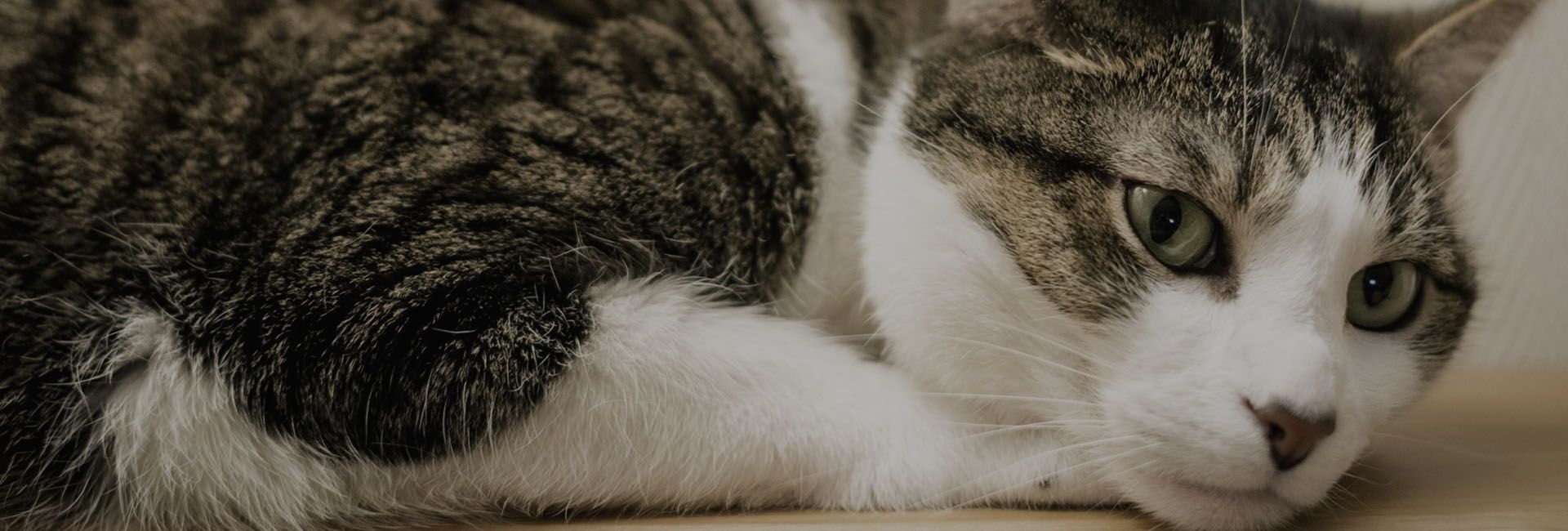How to Support Your Senior Cat’s Health and Well-Being
As cats age, their needs change significantly, making senior cat care an essential aspect of responsible pet ownership. Older cats are more susceptible to health issues like kidney disease, arthritis, and dental problems, which can affect their quality of life if not managed early. Regular feline wellness exams are crucial for detecting these conditions before they become severe, helping ensure that your cat stays happy and comfortable in their golden years. Whether it’s adjusting their diet, monitoring weight, or managing age-related ailments, providing the right care can add years to your senior cat’s life.
Regular Wellness Exams for Aging Cats
As cats age, their bodies undergo changes that require close monitoring to ensure a long, healthy life. One of the most important aspects of senior cat care is scheduling regular feline wellness exams. For older cats, it’s recommended to visit the vet at least twice a year instead of the typical annual visit. This proactive approach allows for early detection of common age-related issues such as kidney disease, hyperthyroidism, and diabetes.
During a wellness exam, your veterinarian will:
- Perform a thorough physical examination.
- Conduct bloodwork and urine tests to check organ function.
- Assess dental health and look for any signs of gum disease.
- Evaluate weight, muscle mass, and body condition.
Addressing these areas is key to preventing more serious complications down the road. Regular cat health care tips include staying consistent with vet appointments, tracking behavioral changes, and monitoring eating habits. Investing in bi-annual checkups ensures that any issues are caught early, making them easier and less costly to treat. Remember, consistent wellness exams are not just for peace of mind but are crucial in maintaining your senior cat’s health and well-being as they age gracefully.
Nutrition and Weight Management for Senior Cats
As cats age, their nutritional needs shift, making it crucial to adjust their diet to support overall health. Proper senior cat nutrition helps manage weight, maintain muscle mass, and prevent age-related health issues. A well-balanced diet can enhance your cat’s vitality, mobility, and quality of life as they grow older. Senior cats often require more easily digestible food, with higher protein levels and lower calorie content.
Here are some cat healthcare tips for managing senior cat nutrition:
- Choose Age-Appropriate Foods: Look for specialized formulas labeled for “Senior” or “Mature Cats” that offer balanced nutrients.
- Monitor Weight Closely: Senior cats can struggle with both obesity and weight loss, so regular weighing is essential.
- Hydration is Key: Older cats may be prone to dehydration, so consider adding wet food to their diet.
- Dental-Friendly Options: If your senior cat has dental issues, opt for softer foods or consider dental care treats.
Consult your veterinarian to create a nutrition plan tailored to your cat’s unique needs, ensuring that their diet supports optimal health. A focus on senior cat nutrition can prevent or manage issues like obesity, kidney disease, and diabetes, giving your feline companion the best chance at a happy and healthy life in their golden years.
Managing Age-Related Health Conditions
Senior cats are more prone to certain health issues, and early identification is crucial for effective management. Some of the most common conditions seen in older cats include arthritis, kidney disease, hyperthyroidism, and diabetes. Understanding these conditions and their symptoms allows you to address them promptly, keeping your cat comfortable and improving their quality of life.
Key conditions to watch for:
- Arthritis: Look for signs like limping, reduced jumping, or difficulty climbing stairs. Cat arthritis management involves weight control, joint supplements, and creating accessible spaces.
- Kidney Disease: Symptoms may include increased thirst, weight loss, and lethargy. Early detection through blood work is vital.
- Hyperthyroidism: Common signs are increased appetite, weight loss, and restlessness. Medications or dietary adjustments can help manage this.
Regular vet visits are essential for monitoring these health issues and adjusting care as needed. Implementing a cat dental care for seniors routine is also important, as dental disease can exacerbate other conditions. Managing these age-related issues proactively will not only extend your cat’s lifespan but also ensure they enjoy their senior years in comfort and good health.
Enhance Your Senior Cat’s Quality of Life with The Complete Cat Veterinary Clinic
The Complete Cat Veterinary Clinic in Brookfield, CT, is dedicated to providing specialized senior cat care to ensure your feline companion lives a happy and healthy life. With regular senior cat vet care in Brookfield, CT, proactive health management, and tailored cat healthcare tips, you can make your cat’s golden years truly wonderful. Our team serves the surrounding areas, including Danbury and Newtown, providing comprehensive services to meet your cat’s unique needs.
Ready to prioritize your senior cat’s health? Book an appointment today to get started!



